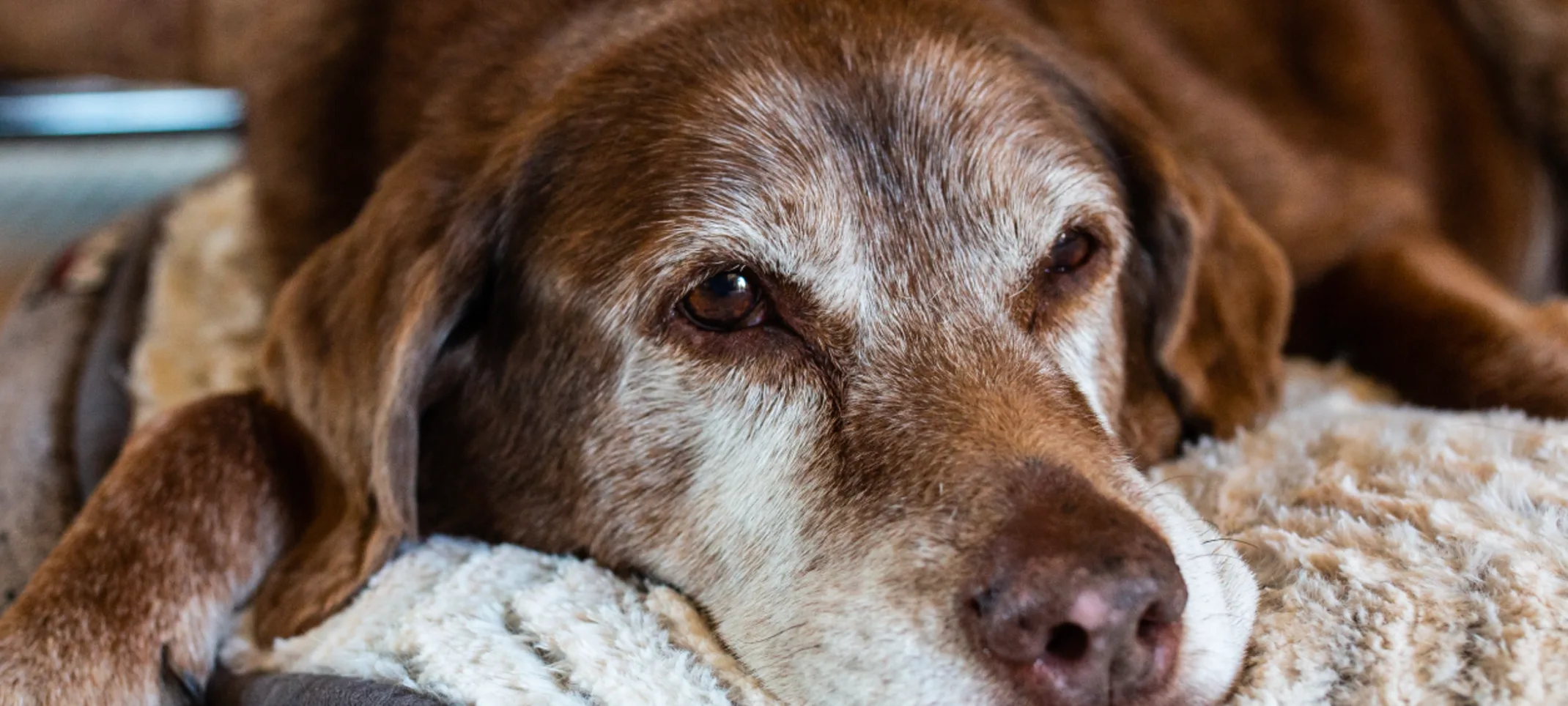Blitz News Digest
Stay updated with the latest trends and insights.
Pawsitively Golden Years: Keeping Your Senior Pet Happy and Healthy
Discover essential tips to keep your senior pet thriving and wagging! Unlock the secrets to a happy, healthy golden years together.
Top 10 Tips for Caring for Your Senior Pet
As pet owners, we want to ensure that our furry companions enjoy their golden years in comfort and happiness. Here are top 10 tips for caring for your senior pet that can help you provide the best possible care:
- Regular Vet Visits: Schedule routine veterinary check-ups to monitor your senior pet's health and catch any potential issues early.
- Diet and Nutrition: Make sure to provide a balanced diet specially formulated for senior pets to meet their changing nutritional needs.
- Exercise: Maintain a regular exercise routine that suits your pet's age and energy level to keep them agile and prevent obesity.
- Dental Care: Ensure proper dental hygiene to avoid oral diseases, which are common in older pets.
- Comfortable Living Environment: Create a safe and comfortable living space, with easy access to food, water, and a cozy place to rest.
Continuing with our top 10 tips for caring for your senior pet, consider the following recommendations:
- Monitor Weight: Keep an eye on your pet's weight to prevent obesity or underweight issues, which can arise as they age.
- Grooming: Regular grooming can help avoid matting and skin issues, especially in breeds with longer fur.
- Hydration: Ensure your pet is drinking enough water, as hydration is crucial for maintaining health in older animals.
- Keep Them Engaged: Provide mental stimulation through toys and puzzles to keep their minds sharp.
- Recognize Changes: Be attentive to changes in behavior, appetite, or mobility, as these may indicate health issues that need addressing.

Understanding the Unique Nutritional Needs of Senior Pets
As pets age, their nutritional needs evolve significantly, making it crucial for pet owners to understand the unique nutritional needs of senior pets. Older animals often experience changes in metabolism, dental health, and physical activity levels, requiring adjustments in their diet. A diet rich in high-quality proteins becomes essential to maintain muscle mass, while appropriate fat levels help support energy without contributing to weight gain. Additionally, it’s important to consider the inclusion of fiber to aid digestion and antioxidants to bolster the immune system in senior pets.
Moreover, hydration is another critical aspect of senior pet nutrition. Many older pets may become less active and drink less water, leading to dehydration. Incorporating wet food or encouraging water intake through various means can help keep them hydrated. When crafting a diet for an aging pet, it’s advisable to consult with a veterinarian to ensure that all dietary changes address the individual health needs of your pet. Regular monitoring and adjustments of their diet can go a long way in enhancing the quality of life for your beloved senior companion.
Is Your Senior Pet Showing Signs of Aging? Key Signs to Look For
As our furry friends age, it becomes essential to recognize the key signs of aging in senior pets. Common indicators include changes in mobility, such as stiffness or reluctance to jump, as well as alterations in behavior. Senior pets may become less active, prefer to sleep more, or display increased signs of anxiety or confusion. Observing these changes early can help ensure their comfort and quality of life.
Another important aspect to consider is their diet and overall physical health. Seniors may show signs of weight loss, dental issues, or changes in appetite. Additionally, watch for signs of discomfort, such as excessive grooming or whining, which could indicate underlying health problems. Regular veterinary check-ups are crucial for identifying and addressing these issues promptly, allowing for a better quality of life during their golden years.